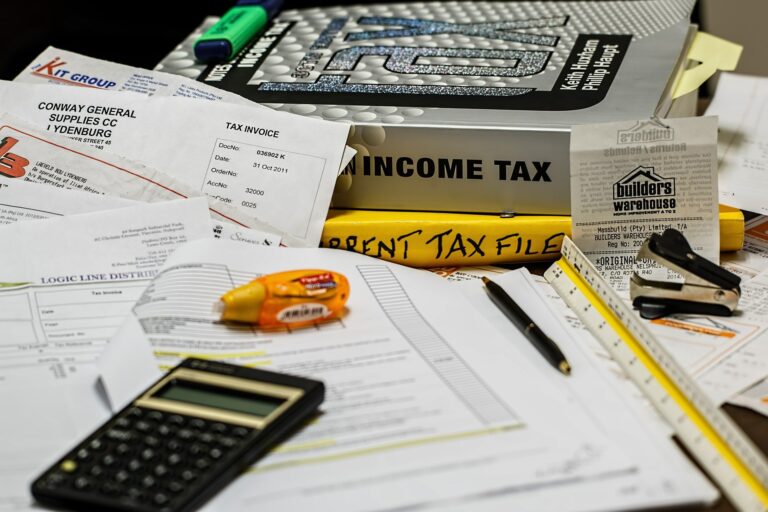Welcome to the Topic 4 Reason People Get Into Trouble With The IRS.
The Internal Revenue Service(IRS) is the revenue service of the United States federal government, which is responsible for collecting taxes and administering the Internal Revenue Code, the main body of the federal statutory tax law.
People get into trouble for many reasons, but today we will address the main 4 reason and add a few tips on how to avoid trouble with the IRS.
You don’t want to mess with the Internal Revenue Service. One small mix-up when handling your finances can cost you big.
For example, in recent years the IRS has increased its filing of levies, liens and wage garnishments. In fact, in 2004 alone, approximately 2.5 million levies were filed.

The experts at National Insurance & Tax Service Inc., one of the nation’s most trusted tax firms, offer this list of common ways people get into trouble with the IRS.
1. Filing too many exemptions. An exemption gives you a major tax deduction, and some taxpayers can’t resist the temptation to report more exemptions than they’re entitled.
You can only claim exemptions for yourself, a spouse and for all “dependents.” Dependents have to meet specific criteria, however, so make sure you follow the IRS guidelines so that you don’t mistakenly file an extra exemption.
2. Being unaware of taxes levied for early withdrawal from certain retirement plans. This is a Hugh one and one of the most common mishap that causes a heap of trouble at tax-time. If you withdraw from a retirement fund such as a 401(k) or IRA before you’re 59 1/2, you may face a 10 percent federal penalty on your investments, as well as a state penalty and an income tax on the money withdrawn.
3. Not paying enough taxes when self-employed. Many people who own their own businesses don’t know how much they have to pay in taxes. The tax structure for a self-employed person – what to pay, how to pay and what can be deducted – is decidedly complex, so it’s easy to become confused.
If you do not pay enough quarterly tax in, you may be penalized if the amount you still owe at tax-time for self employment income is $1000 or more.
4. Not paying taxes on winnings. It is necessary to report all gambling winnings, including winnings from lotteries, casinos and horse races, as income. Generally, the U.S. federal government taxes prizes, awards, sweepstakes, raffle and lottery winnings, and other similar types of income as ordinary income, not matter the amount.
This is true even if you did not make any effort to enter in to the drawing for the prize.
Conclusion
Getting in trouble with the IRS is more common than talked about. Building a trusted relationship with your Tax professional, Accountant, or CPA is one of the best ways to avoid IRS troubles before the begin.
For people who are in trouble with the IRS, there are various programs available that can provide debt relief if a taxpayer qualifies and can typically be resolved within a few simple steps.
NITS helps its clients determine if they meet the requirements for one of these IRS programs. Its team of tax professionals has over 30 years of experience resolving IRS problems, representing clients before the IRS, tax services, financial planning, small business services and other assistance.
Also read: To Busy for Your Taxes? Let Our Tax Experts Do It For You!




